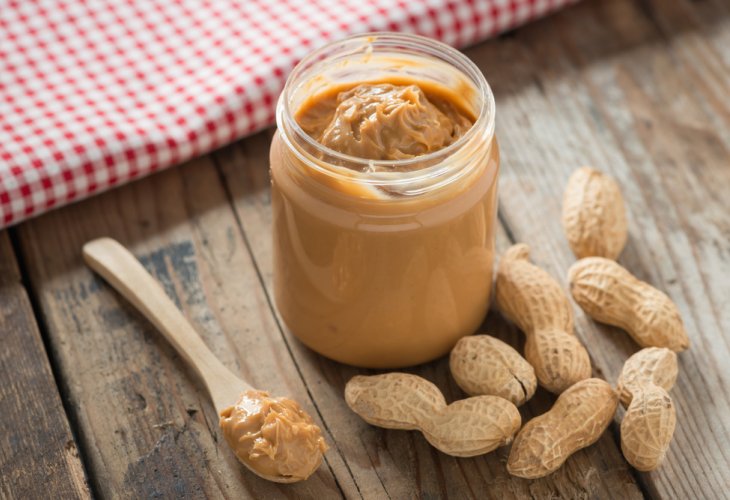Peanuts – Benefits and Drawbacks
Should you eat peanut butter? What about Bamba? And what’s the story with peanuts and allergies?
 (Photo: shutterstock)
(Photo: shutterstock)Peanuts belong to the legume family, not the group of nuts and almonds. Why? Because like all legumes, peanuts grow inside a pod. In the case of peanuts, the hard shell that surrounds them is their pod.
What do we gain from them? Peanuts, like their legume relatives, do not provide us with complete protein. But every 100 grams of peanuts offers 48 grams of fat, 21 grams of carbohydrates, 23 grams of protein, and 8 grams of dietary fiber. Additionally, they provide vitamins: B1, B2, B3, B6, and minerals: zinc, potassium, magnesium, copper, and calcium.
Peanut Butter: How about spreading a thin layer of peanut butter on your sandwich? Unfortunately, some peanut butters contain roasted peanuts, sugar, partially hydrogenated vegetable oil (from cottonseed, soybean, canola), and of course salt. However, there are peanut butters that contain only peanuts. I recommend spreading peanut butter that contains just peanuts. You know what? You can also spread peanut butter that contains honey.
Is Bamba unbeatable? During the production of Bamba, large quantities of ground corn are compressed. The corn is heated and cut, creating the cylindrical shape of Bamba, which is later coated with peanut butter. Bamba contains 50 percent peanuts, with the rest being corn, oils, and of course a lot of salt. So, before you rush to snack on Bamba, thinking it prevents peanut allergies, know that the only component in Bamba that might prevent allergies is the peanut butter. Isn't it better to go for the real thing?
 (Photo: shutterstock)
(Photo: shutterstock)What's the downside? The thin skin that covers the peanut contains goitrogenic substances that inhibit the absorption of the mineral iodine. Hence, the skin is not good for those with an underactive thyroid. Besides, sometimes we may find the mold "Aflatoxin" in peanuts, though this mold can also be found in figs, dates, potatoes, corn, and in small amounts in dairy products.
Allergies: Peanuts can cause allergic reactions. Therefore, items containing peanuts are banned in many schools and some airlines because some people could have an allergic reaction or even die from inhaling just a little "peanut dust."
Passover Peanut Cookies: The ingredient list includes: 42% peanuts, sugars, egg protein, the preservative potassium sorbate labeled as E202. The European Union has decided that quantities over 25 mg per 1 kg of body weight could be harmful. There are flavoring agents and 17 mg of sodium that doesn't mind being in a sweet cookie. Truly unfortunate! Make peanut cookies yourself.
Want to know more? Purchase the "Get Healthy" series of lessons by naturopath Sarah Bar Asher on the Jewish Campus at Hidabroot.
Sarah Bar Asher is a naturopath and lecturer on nutrition and the food industry. Barasher@zahav.net.il

